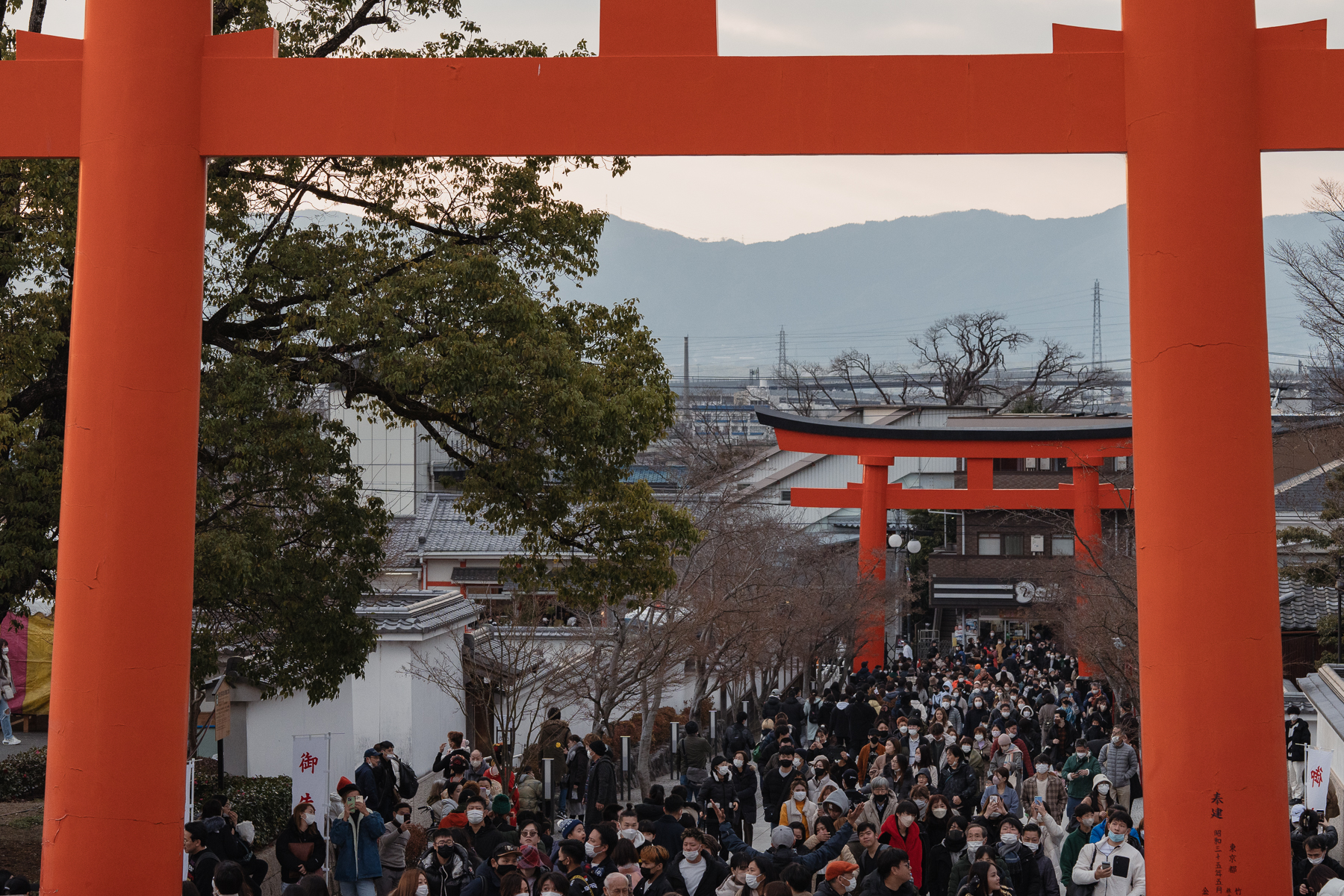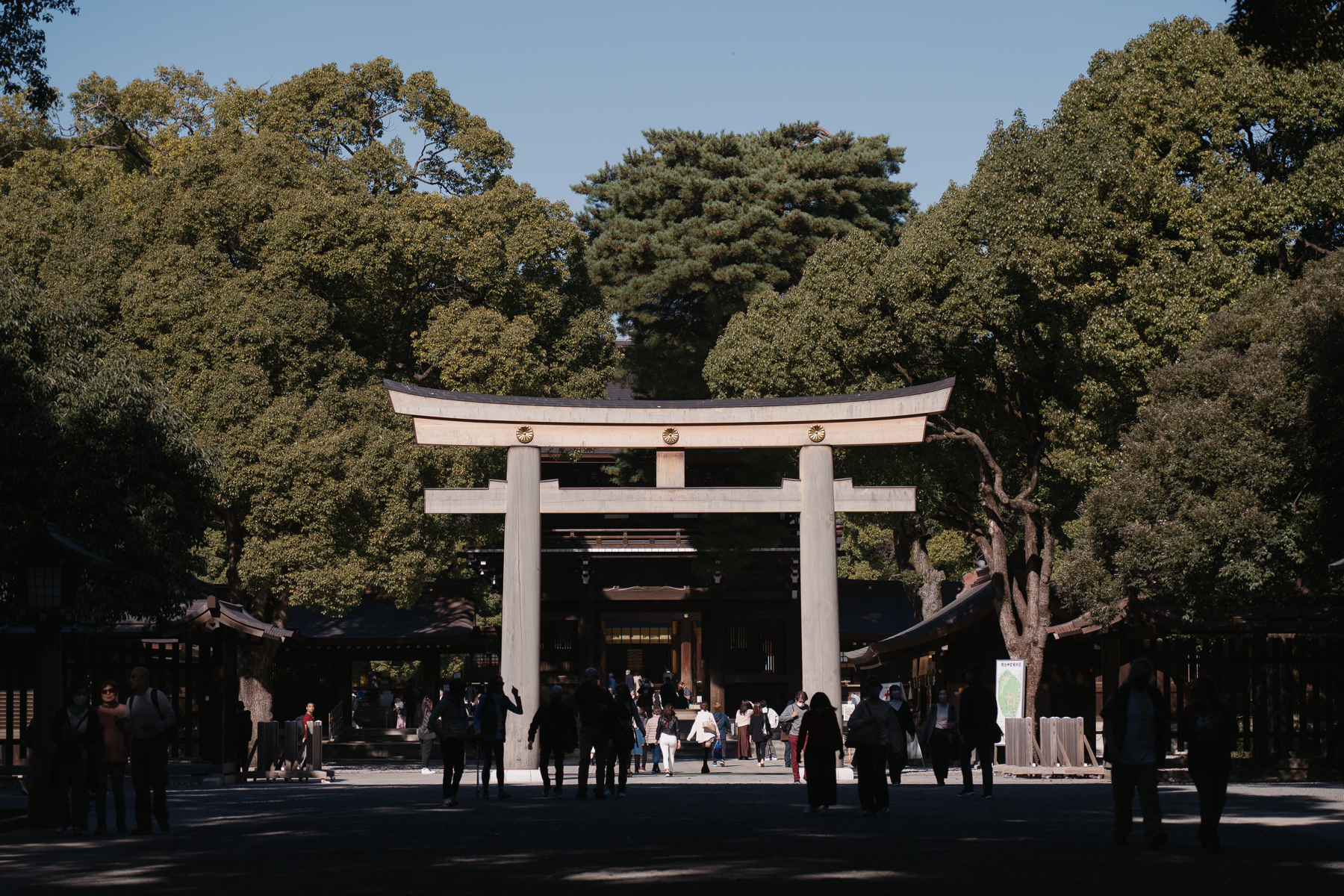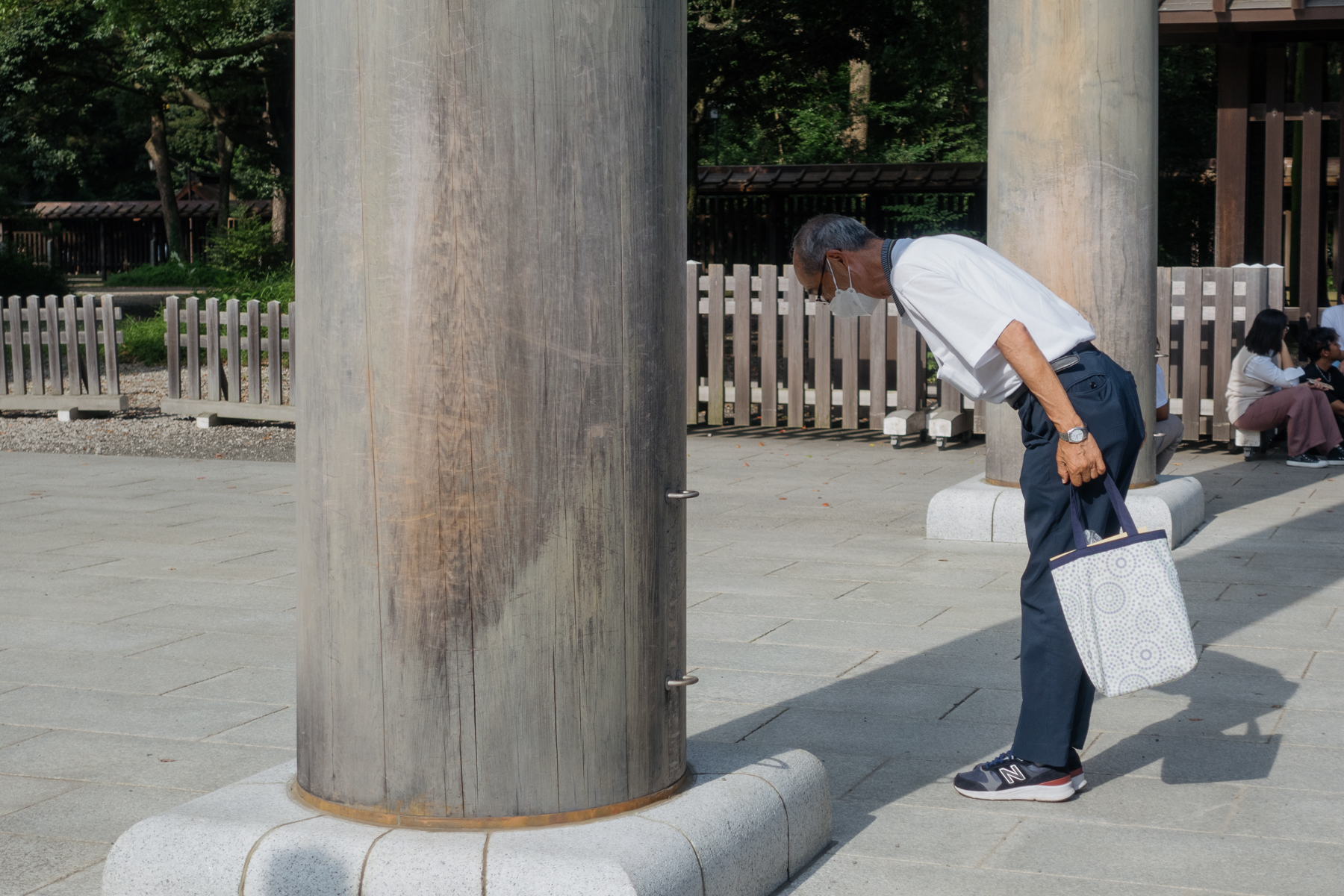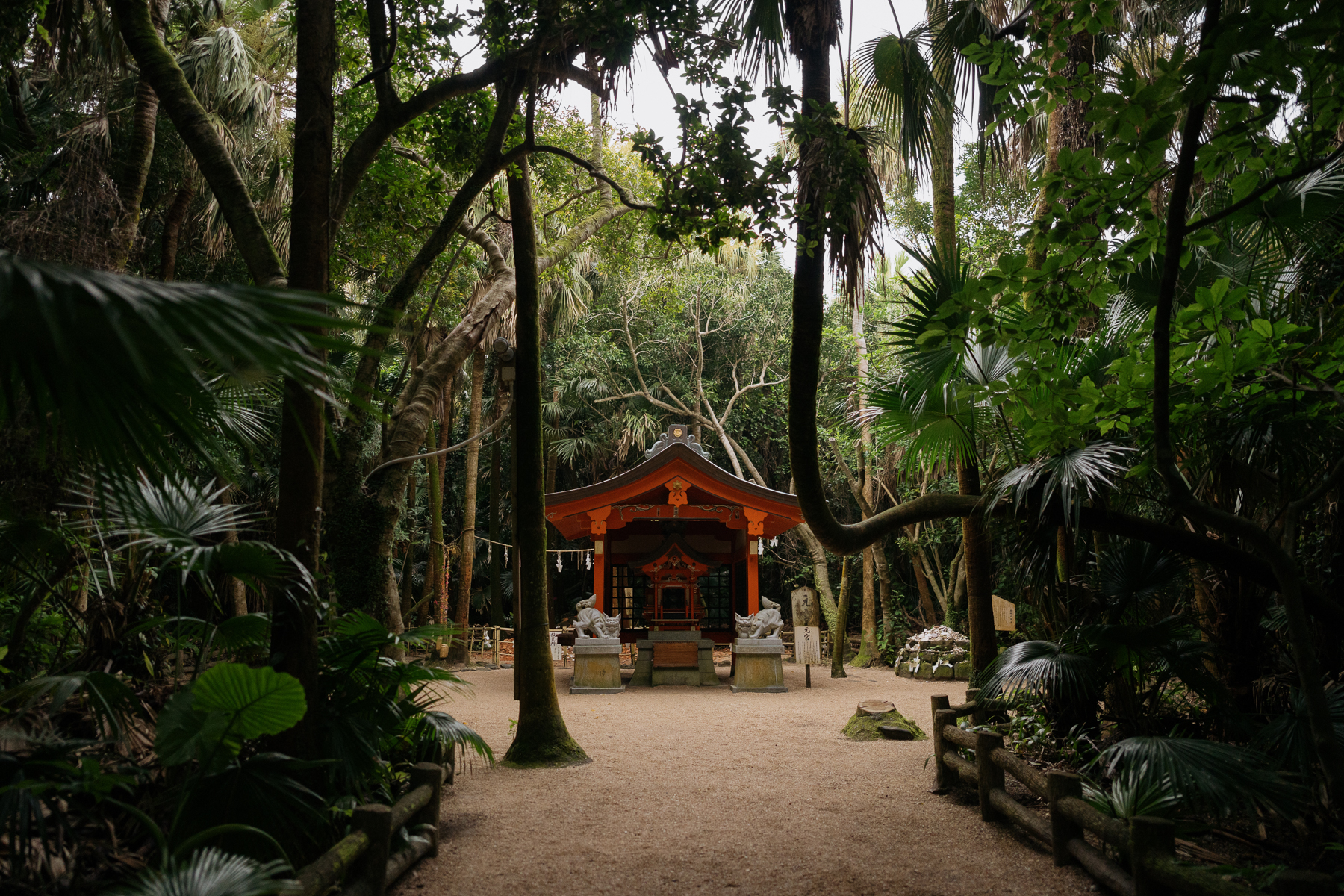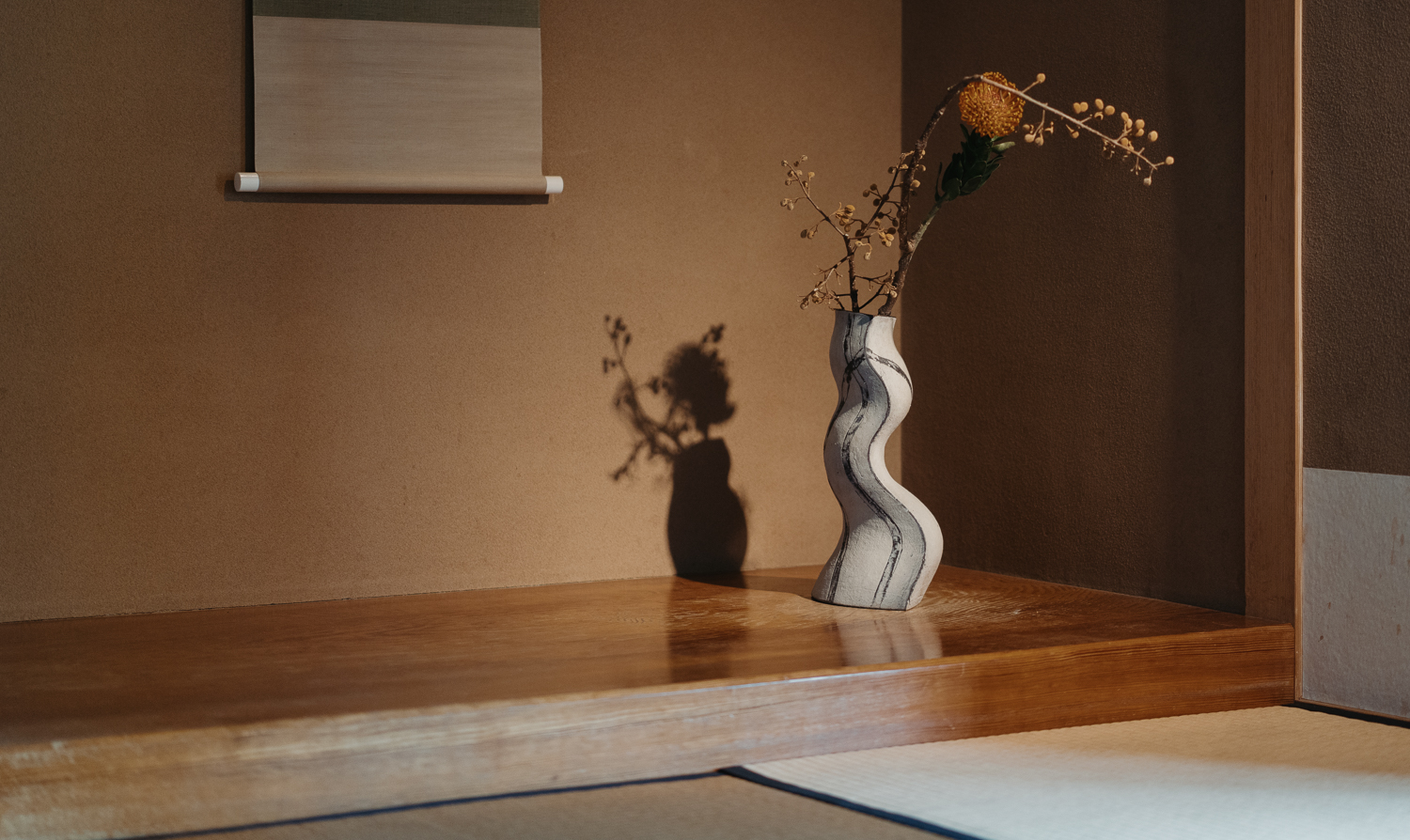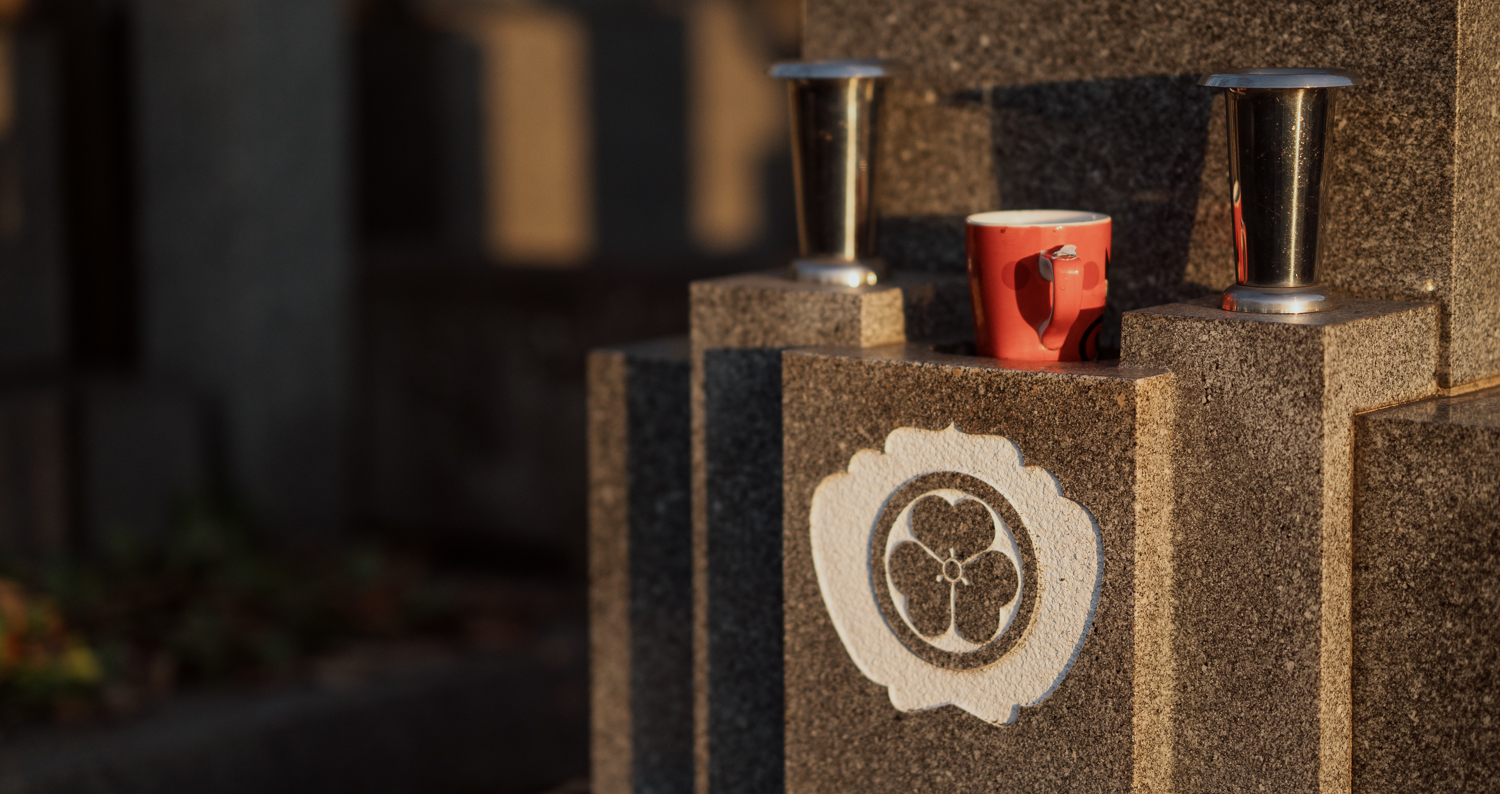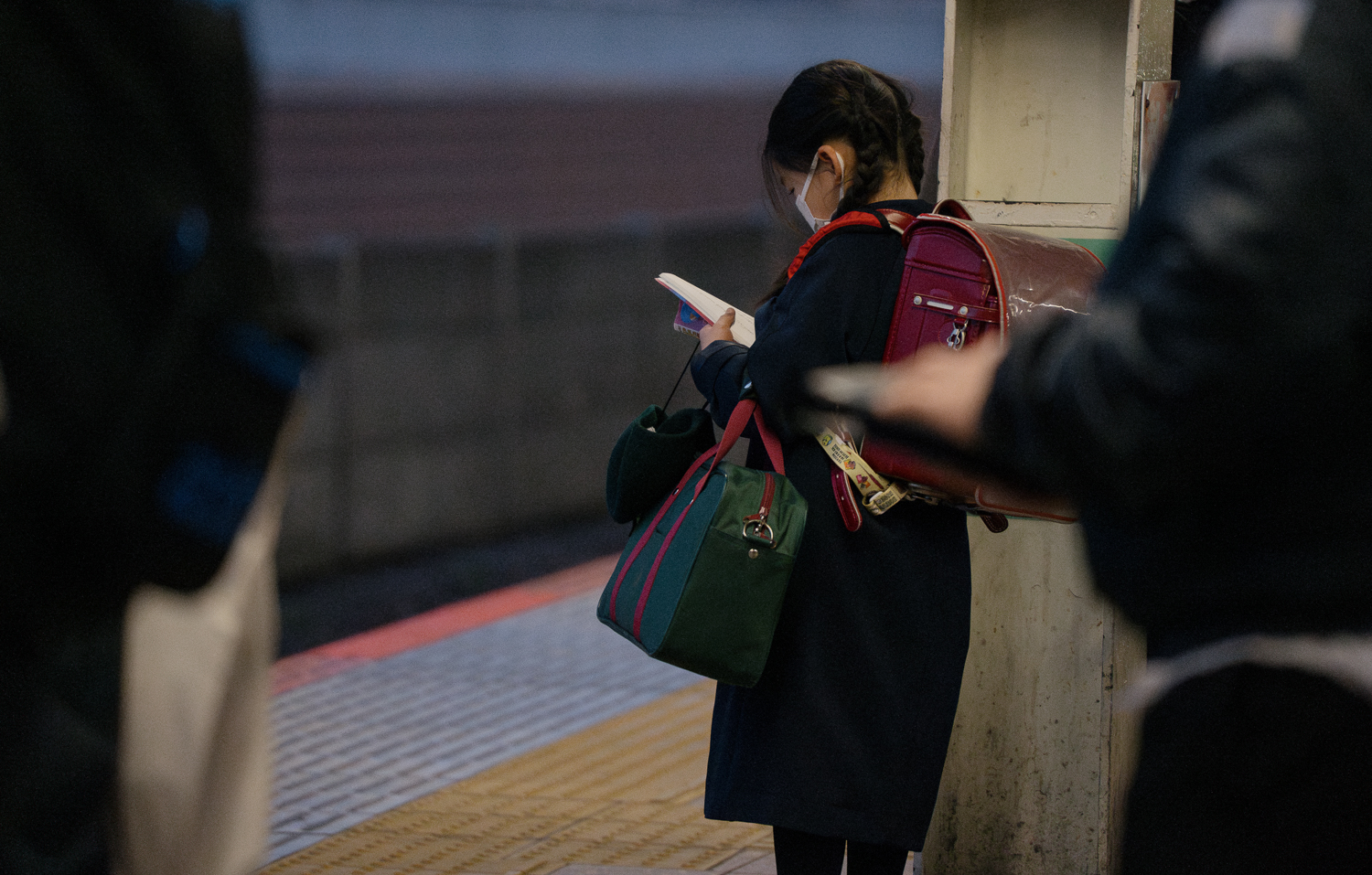“Can I ask what you believe in?” Carlos* asked his Japanese friend Takeshi after watching him pray at the Shinto shrine.
“It’s hard to explain,” Takeshi replied slowly. “It’s been part of my life since I was young.”
Japanese people have gone to Shinto shrines and Buddhist temples for centuries. Many find comfort in repeating the simple rituals of purification and prayer. Faith or belief is not a prerequisite and anyone is welcome to join in. Such religious practices are deeply rooted in what it means to be Japanese.
At busy times, lines of people take turns to pray. They clap their hands and bow at the appropriate places. They buy charms to protect themselves from bad luck or to bring in good luck. They seek blessing for important life events, enjoy festivals, or find refreshment in the nature that is part of many religious sites.
Shrines and temples can be found in nearly every community in Japan, and many Japanese people view them as familiar places of belonging. Shinto and Buddhist influences have shaped Japanese society and identity in significant ways. But through Christ, Japanese people can find their deepest belonging in the God who created them.

